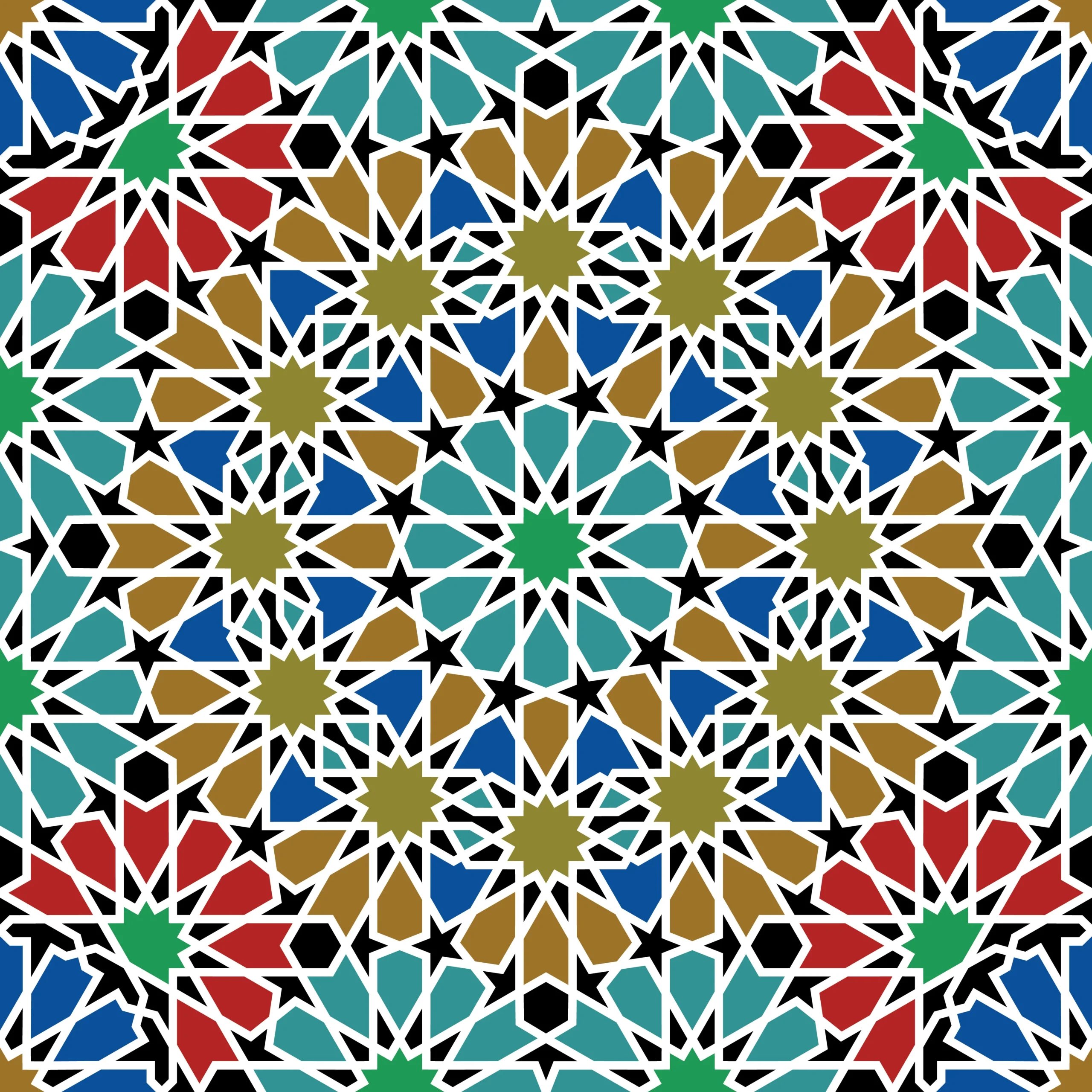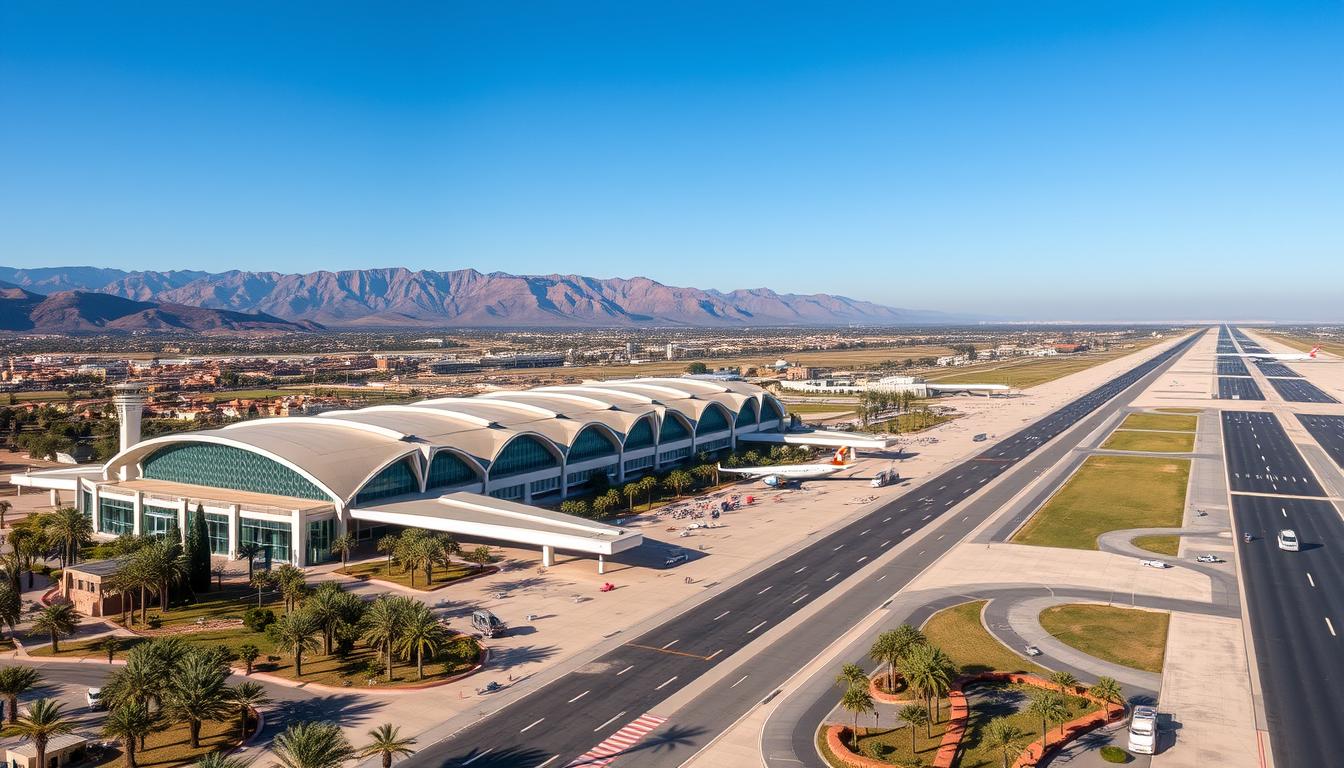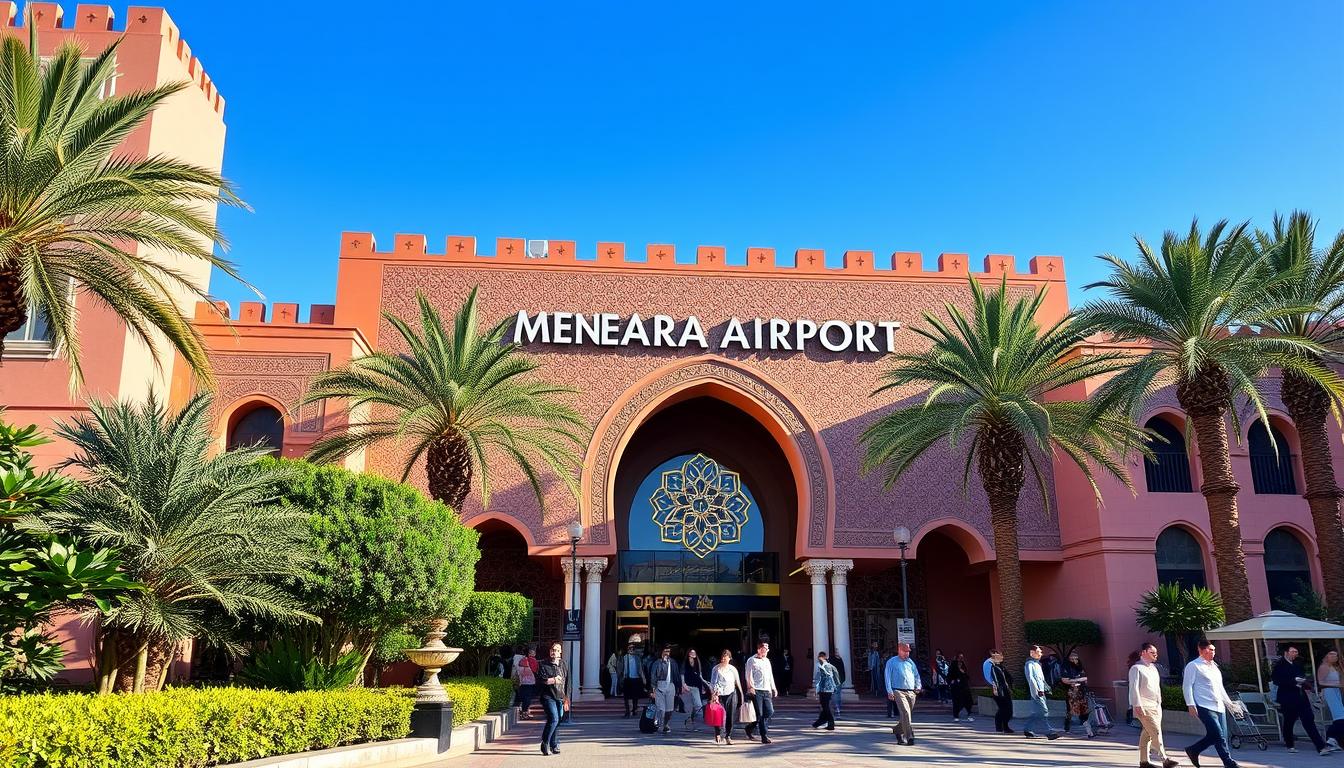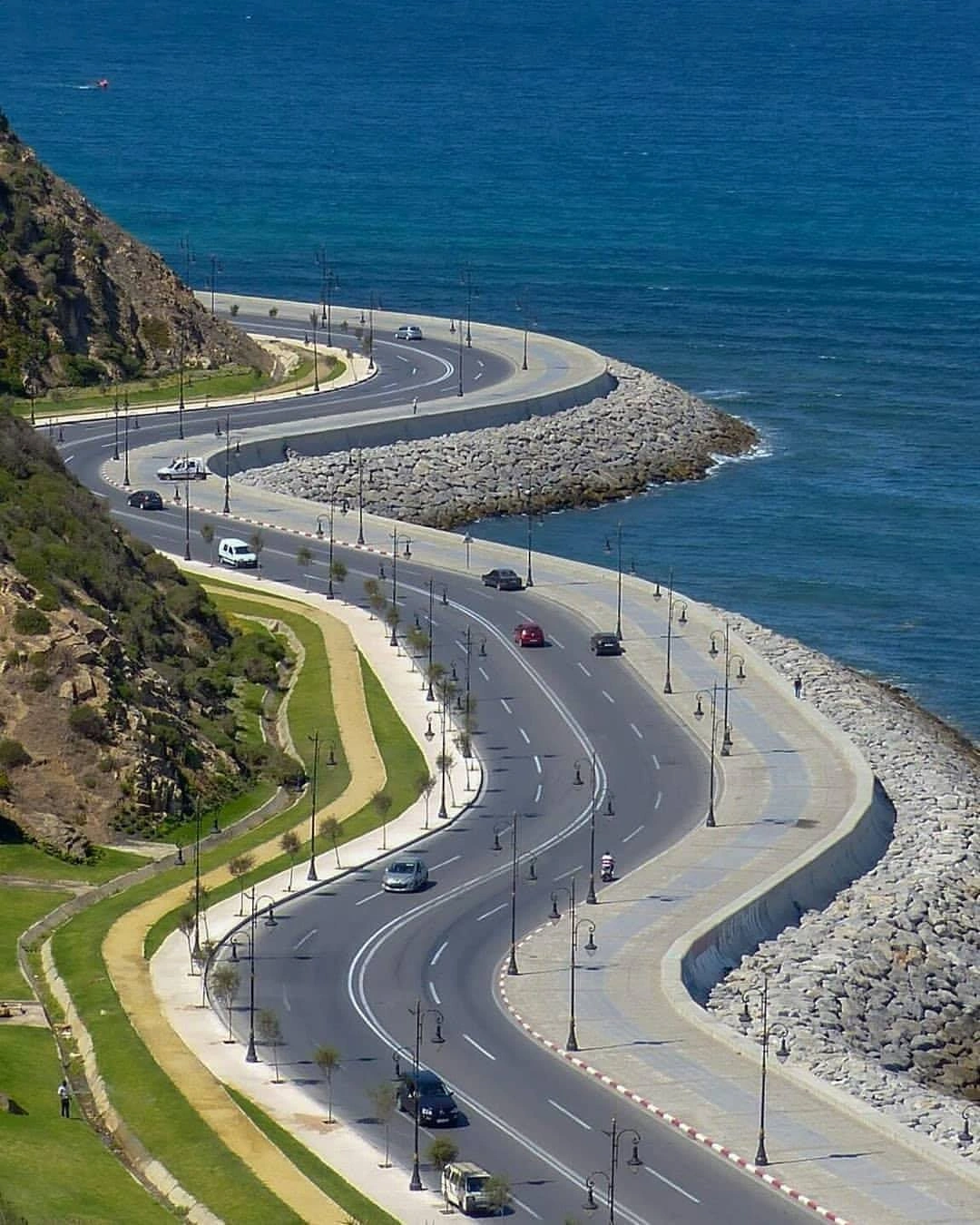Imagine stepping into a world where vibrant colors, ancient traditions, and breathtaking landscapes meet. Visit Morocco tourism offers an unforgettable journey that will captivate your senses. It transforms your understanding of travel.
From the bustling markets of Marrakech to the serene Sahara Desert, Morocco is a North African gem. It beckons adventurers with its unique blend of culture, history, and natural beauty.
When you visit Morocco, you’ll discover a destination that defies expectations. The country weaves together Berber, Arab, and European influences. This creates a tapestry of experiences that will leave you mesmerized.
Whether you’re a history buff, a culinary enthusiast, or an adventure seeker, Morocco promises an extraordinary expedition. It goes far beyond typical tourist destinations.
Key Takeaways
- Morocco offers a diverse and immersive travel experience
- Rich cultural heritage spanning multiple civilizations
- Stunning landscapes from mountains to desert
- Unique blend of traditional and modern experiences
- Welcoming local culture with extraordinary hospitality
Why You Should Visit Morocco
Morocco is a captivating destination that promises an extraordinary travel experience. Your morocco travel guide reveals a country where ancient traditions blend seamlessly with breathtaking landscapes and rich cultural experiences.
Exploring this North African gem offers travelers an unparalleled adventure through diverse terrains and historical wonders. The moroccan culture provides a unique backdrop for an unforgettable journey.
Unique Cultural Heritage to Visit Morocco
Morocco’s cultural landscape is a mesmerizing tapestry of influences. From Berber traditions to Arabic and European connections, the country presents a rich historical narrative.
- Ancient medinas with intricately designed architecture
- UNESCO World Heritage sites
- Vibrant artisan traditions
“Morocco is not just a destination, it’s an experience that transforms travelers” – Travel Enthuasiast
Breathtaking Landscapes
Your morocco travel guide highlights the country’s extraordinary geographic diversity. From the Sahara Desert to the Atlas Mountains, Morocco offers stunning natural scenery.
| Landscape | Unique Features |
|---|---|
| Sahara Desert | Golden sand dunes, camel treks |
| Atlas Mountains | Snow-capped peaks, Berber villages |
| Atlantic Coast | Surfing beaches, vibrant coastal towns |
Culinary Delights
Moroccan cuisine represents a culinary journey that tantalizes every sense. Your exploration of moroccan culture isn’t complete without experiencing its world-renowned gastronomy.
- Aromatic tagines
- Fresh mint tea
- Colorful spice markets
Each bite tells a story of tradition, hospitality, and centuries-old cooking techniques.
Best Times to Visit Morocco
Planning your trip to Morocco needs careful thought about the seasons and cultural events. Morocco is a great place all year round. It offers something special for everyone.
Choosing the right time for your trip depends on what you want to do. Each season has its own beauty and things to see.
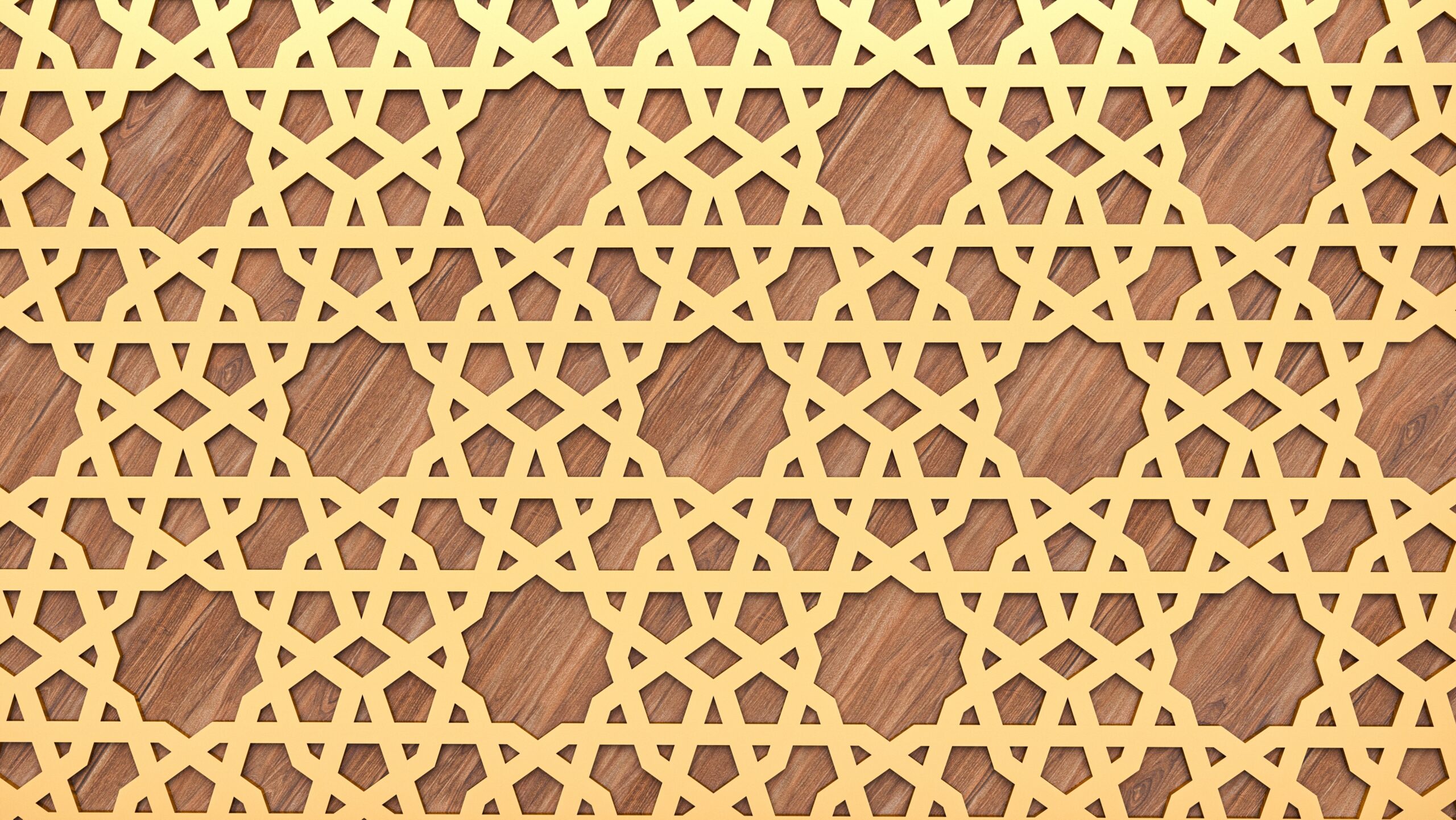
Seasonal Weather Insights
Morocco’s weather changes a lot from one place to another. The weather can really affect your trip:
- Spring (March-May): Mild weather and beautiful flowers
- Summer (June-August): Very hot and dry
- Autumn (September-November): Nice weather and fewer people
- Winter (December-February): Cool in cities, snow in mountains
Local Festivals and Events
“Morocco’s cultural calendar is as vibrant as its landscapes!” – Travel Enthuasiasts
Visiting Morocco during special events can make your trip even better:
- Fes Festival of World Sacred Music (June)
- Imilchil Marriage Festival (September)
- Marrakech Film Festival (November-December)
Off-Peak Travel Benefits
Traveling during the off-peak seasons has its perks:
- Accommodation prices are lower
- Less crowded places
- Deeper connections with locals
- Perfect weather for exploring
Planning well can make your Moroccan trip unforgettable.
Must-See Destinations in Morocco
Morocco is full of amazing places that promise unforgettable adventures. Each city has its own story, inviting you to explore its culture and landscapes. Your journey will uncover hidden gems and famous spots that show Morocco’s lively spirit.
Let’s explore three incredible cities that are at the heart of Moroccan travel:
Visit Morocco – Marrakech: The Red City
Marrakech is a mesmerizing place for adventures. Its red buildings and lively medinas create a magical atmosphere. The historic Jemaa el-Fnaa square is a feast for the senses, with sounds, smells, and colors.
- Explore the vibrant souks
- Visit the stunning Bahia Palace
- Experience traditional Moroccan hospitality
Fes: A UNESCO World Heritage Site
Fes is Morocco’s spiritual and cultural heart. This ancient city has the world’s oldest university and medieval architecture. It takes you back in time during your sightseeing.
“Fes is not just a city, it’s a living museum of Moroccan history and tradition.” – Travel Enthuasiast
Chefchaouen: The Blue Pearl
Chefchaouen is in the Rif Mountains and is known for its blue buildings. This town is a peaceful retreat for those looking for unique adventures.
| Destination | Key Attraction | Travel Experience |
|---|---|---|
| Marrakech | Jemaa el-Fnaa Square | Cultural Immersion |
| Fes | Medieval Medina | Historical Exploration |
| Chefchaouen | Blue-Painted Streets | Photographic Journey |
Each place gives a special look into Morocco’s varied landscapes and rich culture. Your Moroccan adventures are waiting, filled with memories to last a lifetime.
Navigating Moroccan Cities
Exploring Morocco means getting to know how to get around cities. Moroccan cities are full of challenges and opportunities. They let you dive deep into local culture.
Public Transportation Options
Finding the best ways to travel in Morocco can make your trip better. Moroccan cities have many ways to get around:
- Buses: Affordable and found in big cities
- Petit taxis: Great for short trips
- Grand taxis: Best for longer trips between cities
- Trains: Connects big cities well
Tips for Walking in the Medina
Exploring medinas needs patience and planning. These old city centers are like mazes. Here are some tips:
- Always carry a map or use offline apps
- Wear comfy shoes for walking
- Stay alert of your surroundings
- Ask for a guide if you need help
“Getting lost in the medina is part of the adventure!” – Moroccan Travel Proverb
Suggested Guided Tours
For a planned trip, guided tours provide deep insights into Moroccan cities. Guides share local secrets and stories.
| Tour Type | Duration | Recommended For |
|---|---|---|
| Walking Tours | 2-3 hours | History enthusiasts |
| Cultural Tours | Half-day | Cultural immersion seekers |
| Photography Tours | Full-day | Photography lovers |
Every city in Morocco is different. Be ready for adventure and surprises!
Accommodations in Morocco
Planning your Morocco tourism adventure means finding the right place to stay. Your Morocco travel guide should cover the many lodging options in this lively country.
Morocco has a wide range of places to stay, fitting every budget and preference. You can pick from traditional homes to modern hotels, based on your travel style.
Types of Lodging Available
Travelers have many choices:
- Traditional Riads
- Modern Hotels
- Desert Camps
- Mountain Lodges
- Coastal Resorts
Budget-Friendly Hostels
For those on a tight budget, Morocco has many affordable hostels in cities like Marrakech and Fes. These places offer:
- Shared dormitory rooms
- Community kitchen facilities
- Free Wi-Fi
- Cultural exchange opportunities
Luxury Riads and Hotels
For those looking for a top-notch experience, Morocco’s luxury stays are amazing. Riads – traditional Moroccan houses with gardens inside – provide a unique and luxurious stay.
“A riad is not just a place to sleep, it’s a gateway to Moroccan cultural immersion.” – Travel Enthuasiast
| Accommodation Type | Average Price Range | Key Features |
|---|---|---|
| Budget Hostel | $10-$25/night | Shared rooms, social atmosphere |
| Mid-Range Hotel | $50-$100/night | Private rooms, basic amenities |
| Luxury Riad | $150-$500/night | Traditional architecture, personalized service |
Choosing where to stay can really make your Morocco trip better. Think about your budget, comfort level, and what you want to do when picking your stay.
Experiencing Moroccan Cuisine
Moroccan cuisine is a vibrant reflection of the country’s rich culture. Your journey through Morocco will be unforgettable. You’ll explore flavors, spices, and cooking techniques perfected over centuries.
Moroccan cuisine is a mix of Berber, Arabic, and Mediterranean flavors. This blend creates a unique taste experience that will excite your senses.
Must-Try Traditional Dishes
- Tagine: A slow-cooked stew made in a clay pot
- Couscous: The national dish with vegetables and meat
- Pastilla: A meat pie with layers of thin pastry
- Harira: A hearty soup enjoyed during Ramadan
Popular Local Markets
Moroccan markets, or souks, are a must-see. They offer fresh ingredients, spices, and local treats that are key to Moroccan cuisine.
| Market Location | Specialty | Best Time to Visit |
|---|---|---|
| Marrakech Medina | Spices and Fresh Produce | Early Morning |
| Fes Market | Traditional Ingredients | Weekday Mornings |
| Casablanca Central Market | Seafood and Local Specialties | Wednesday-Saturday |
Dining Etiquette
Knowing local dining customs is important in Morocco. Meals are social events with family and friends. People traditionally eat from a shared plate with their right hand, showing respect and community.
“Food is our common ground, a universal experience.” – James Beard
Get ready for a culinary adventure in Morocco. Each bite shares a story of tradition, family, and culture. Moroccan cuisine is truly extraordinary.
Shopping in Morocco
Shopping in Morocco is an adventure that connects you with local culture. The vibrant markets and traditional souks offer a chance to dive into Morocco’s rich artisan heritage.
Morocco’s travel experiences shine through its shopping spots. Each market shares stories of craftsmanship and tradition, passed down through generations.
Best Souks to Visit
- Marrakech’s Jemaa el-Fnaa Souk
- Fez Medina Market
- Essaouira’s Coastal Marketplace
- Casablanca Central Market
Tips for Bargaining
Bargaining is key in Moroccan markets. Start with 40-50% of the initial price and negotiate with respect and a friendly smile.
- Always negotiate with a smile
- Be prepared to walk away
- Learn basic Arabic or French phrases
- Know the approximate value of items
Unique Handicrafts and Souvenirs
| Handicraft | Average Price | Best Location to Purchase |
|---|---|---|
| Handwoven Berber Carpets | $100-$500 | Atlas Mountain Regions |
| Leather Goods | $30-$200 | Fez Tanneries |
| Ceramic Pottery | $20-$150 | Safi Pottery Markets |
“Shopping in Morocco is not just about purchasing items, but about experiencing a centuries-old cultural tradition.” – Moroccan Travel Expert
Exploring Morocco’s markets lets you discover stories of local craftsmanship and tradition. Remember to shop responsibly and value the artisan skills behind each unique item.
Understanding Moroccan Culture
When you visit Morocco, you enter a world of rich cultural experiences. Here, traditions, languages, and social interactions blend beautifully. Moroccan culture is a mix of Berber, Arab, European, and African influences. This mix creates a warm and welcoming place for travelers.
Language and Communication
Exploring Moroccan culture means learning some basic language skills. Arabic and Berber are the main languages, with French common in cities. Here are some tips for communicating:
- Learn basic Arabic greetings like Salam Alaikum (Hello)
- Respect local communication norms
- Use hand gestures sparingly
- Show patience during conversations
Customs and Traditions
Moroccan social interactions are all about respect and hospitality. Knowing local customs can make your trip better:
- Remove shoes when entering homes
- Accept tea when offered
- Dress modestly, even in cities
- Use your right hand for eating and greeting
“Hospitality is the heart of Moroccan culture” – Moroccan Proverb
Religion and Festivals
Islam is a big part of Moroccan culture, shaping daily life and social interactions. Important religious events include:
| Festival | Significance | Timing |
|---|---|---|
| Ramadan | Month of fasting | 9th Islamic month |
| Eid al-Fitr | Feast marking end of Ramadan | Varies annually |
| Mawlid | Prophet Muhammad’s birthday | Third month of Islamic calendar |
By respecting these cultural aspects, you’ll make lasting connections during your Moroccan journey.
Adventure Activities in Morocco
Morocco is a paradise for adventure lovers. It has rugged mountains, vast deserts, and beautiful coastlines. These landscapes offer thrilling activities that create lasting memories.
For those who want more than just sightseeing, Morocco is full of exciting challenges. You can explore stunning natural spots and discover new things.
Hiking in the Atlas Mountains
The Atlas Mountains are perfect for hikers. They have trails for all skill levels. Whether you’re an expert or a beginner, you’ll find trails that offer breathtaking views.
- Best hiking seasons: Spring and autumn
- Recommended trails: Toubkal National Park
- Suggested gear: Sturdy hiking boots, layered clothing
Camel Trekking in the Sahara
Exploring the Sahara Desert on a camel is a must. It lets you see the golden sand dunes up close. This experience feels like stepping into a different world.
| Desert Region | Best Time to Visit | Duration |
|---|---|---|
| Merzouga | October-April | 1-3 days |
| Zagora | September-May | Overnight to 2 days |
Surfing on the Atlantic Coast
Morocco’s Atlantic coast is great for surfers. Places like Taghazout have waves for all levels. It’s perfect for both newbies and pros.
“Morocco’s diverse terrain makes it a dream destination for adventure seekers!” – Experienced Travel Magazine
- Top surfing locations: Anchor Point, Devil’s Rock
- Recommended surf seasons: September-April
- Surf schools available for beginners
Safety Tips for Travelers
When you plan to visit Morocco, knowing about safety is key. A good morocco travel guide will focus on keeping you safe. This way, you can enjoy your trip without worry.
Traveling to a new place means you need to be ready. Your safety in Morocco depends on being informed and taking steps to stay safe.
General Safety Precautions
- Stay aware of your surroundings in crowded areas
- Keep valuable items secure and out of sight
- Dress modestly to respect local cultural norms
- Avoid walking alone in isolated areas after dark
- Use official, licensed tour guides and transportation
Health Considerations
Before you go on your morocco travel adventure, talk to a doctor. They can tell you about needed vaccinations and health tips.
| Health Recommendation | Details |
|---|---|
| Vaccinations | Hepatitis A, Typhoid, routine updates |
| Water Safety | Drink bottled water, avoid tap water |
| Food Precautions | Eat at reputable restaurants, avoid street food initially |
Travel Insurance Recommendations
Make sure you’re covered during your Morocco visit. Choose travel insurance that includes:
- Medical emergencies
- Trip cancellation
- Emergency medical evacuation
- Lost or stolen personal belongings
“Preparation is the key to a safe and memorable travel experience in Morocco.” – Travel Safety Expert
Most visits to Morocco are safe if you stay alert and prepared.
Visa and Entry Requirements
Planning your trip to Morocco means knowing the entry rules. Getting a visa can seem hard, but this guide will make it easier.
Most visitors to Morocco need to meet certain rules. The bright side is that many can enter without much trouble.
Understanding Visa Policies
For U.S. travelers, Morocco makes entry easy. Usually, tourists can come without a visa for 90 days. Your passport must be good for at least six months after you leave.
- Valid passport required
- 90-day tourist stay permitted
- No advance visa necessary for many nationalities
Necessary Documentation
Here are the key documents for easy entry:
- Passport with minimum six months validity
- Proof of return ticket
- Hotel reservation or accommodation details
- Sufficient funds for your stay
Customs Regulations
Morocco has rules for customs. Declare valuable items and know what you can’t bring. You can’t bring narcotics, weapons, or too much local money.
“Preparation is the key to a memorable moroccan adventure” – Moroccan Travel Bureau
Always check the latest visa rules with the Moroccan Embassy before you go. Being ready ensures a smooth entry into this lovely place.
Sustainable Travel in Morocco
Exploring Morocco means more than just seeing sights. It’s about traveling responsibly. This way, you help keep the culture alive and protect the environment. You also support the local people.
Sustainable travel is more than just looking around. It’s about making real connections and leaving a small mark. You get to see Morocco’s beauty while doing it.
Eco-Friendly Accommodations
Look for places to stay that care about the planet. They should:
- Use renewable energy
- Save water
- Support local jobs
- Build with green materials
Responsible Tourism Practices
Here’s how you can help:
- Respect local ways and dress
- Reduce plastic use
- Buy things made by locals
- Use public transport or carpool
Supporting Local Communities
Your choices can really help Moroccan communities. Meet local artists, join in on community tours, and learn old crafts. This helps keep the culture alive.
“Travel with purpose, respect, and genuine curiosity.” – Moroccan Sustainable Tourism Initiative
By choosing sustainable travel, you make memories and help Morocco. You support its culture and environment.
Connecting with Locals
Exploring the true heart of Moroccan culture is more than just visiting places. It’s about making real connections with the people. These interactions can turn your trip into a deep cultural exchange.
To connect with Moroccans, you need to be respectful, curious, and open-minded. Here are some tips to help you make meaningful connections during your travels.
Language Tips for Travelers
Knowing basic Arabic or French can really help. Locals appreciate when you try to speak their language.
- Practice simple greetings like “Salam Alaikum” (Peace be upon you)
- Learn numbers for shopping and negotiating
- Use polite expressions showing respect
Engaging in Community Activities
Joining local events gives you a unique look into Moroccan culture. Here are some activities to consider:
- Attend local festivals
- Join cooking classes
- Volunteer with community organizations
Learning from Moroccan Hospitality
“Hospitality is not just a tradition in Morocco, it’s a way of life.”
Moroccan hospitality is famous everywhere. Locals often invite you for tea, share meals, and show real warmth. Be thankful and respectful during these moments.
| Cultural Interaction | Recommended Approach |
|---|---|
| Tea Invitation | Accept graciously, show interest in conversation |
| Family Gathering | Bring a small gift, dress modestly |
| Local Market | Practice gentle bargaining, respect vendor’s effort |
Remember, the best souvenirs from your Moroccan trip are the genuine connections you make.
Preparing for Your Visit-Morocco
Planning your trip to Morocco needs careful thought. As you prepare to explore this lively place, packing smart and managing your money are key. Your Moroccan journey will be smoother with the right items and tools.
Packing Essentials
When you’re off to Morocco, pack clothes that are light and breathable. Remember to bring layers for the changing weather, from coast to desert. Wear comfy shoes for walking in the medina’s narrow streets and historic sites.
Travel Apps to Download
Using digital tools can make your Morocco trip better. Download apps like Maps.me for offline maps, Google Translate for languages, and apps for currency conversion. Local apps like Careem help with city travel.
Money Matters and Currency Exchange
The Moroccan dirham is the local money, and cash is often preferred. While big cities take cards, small places need cash. Exchange money at banks or official centers for the best rates. Tell your bank you’re traveling abroad to avoid card issues.
FAQ
What is the best time of year to visit Morocco?
Spring (March to May) and fall (September to November) are the best times to visit Morocco. The weather is mild and perfect for exploring. You can enjoy outdoor activities without the extreme heat or cold.
Do I need a visa to enter Morocco?
Many countries, including the U.S., Canada, and most of Europe, don’t need a visa for Morocco. You’ll need a valid passport with at least six months left. Always check with the Moroccan embassy for the latest visa rules.
What currency is used in Morocco, and how can I exchange money?
The Moroccan dirham (MAD) is the official currency. You can exchange it at banks, exchange offices, and hotels. ATMs are common in big cities. Credit cards work in big places, but cash is better in small towns and markets.
Is Morocco safe for tourists?
Morocco is usually safe for visitors. Just be careful and aware of your surroundings. Avoid walking alone at night in unknown places. Most tourists have a good time by being cautious and respectful.
What languages are spoken in Morocco?
Arabic and Berber are official languages, with French widely used. English is common in tourist spots. Knowing some Arabic or French can make your trip better and help you connect with locals.
What should I wear in Morocco?
Morocco is a Muslim country, so dress modestly. In big cities, you can be a bit more casual. But, it’s best to cover shoulders and knees for women. Men should avoid short shorts. Wear light, loose clothes, mainly in summer.
What are the must-try Moroccan dishes?
Try tagine, couscous, pastilla, harira, and mint tea. Don’t miss msemen and harcha for a taste of street food. These dishes are a must for any food lover visiting Morocco.
How should I handle bargaining in Moroccan markets?
Bargaining is common in souks. Start with 40-50% of the asking price. Be friendly and patient. If you can’t agree, it’s okay to leave. Bargaining is all part of the fun.
What transportation options are available in Morocco?
Morocco has trains, buses, grand taxis, and flights. In cities, use petit taxis for short trips. Renting a car is flexible but be ready for different driving rules.
Do I need travel insurance for Morocco?
Yes, travel insurance is a must. Choose a policy that covers medical, trip cancellations, and COVID-19. Make sure it covers adventure activities like hiking or desert tours.

